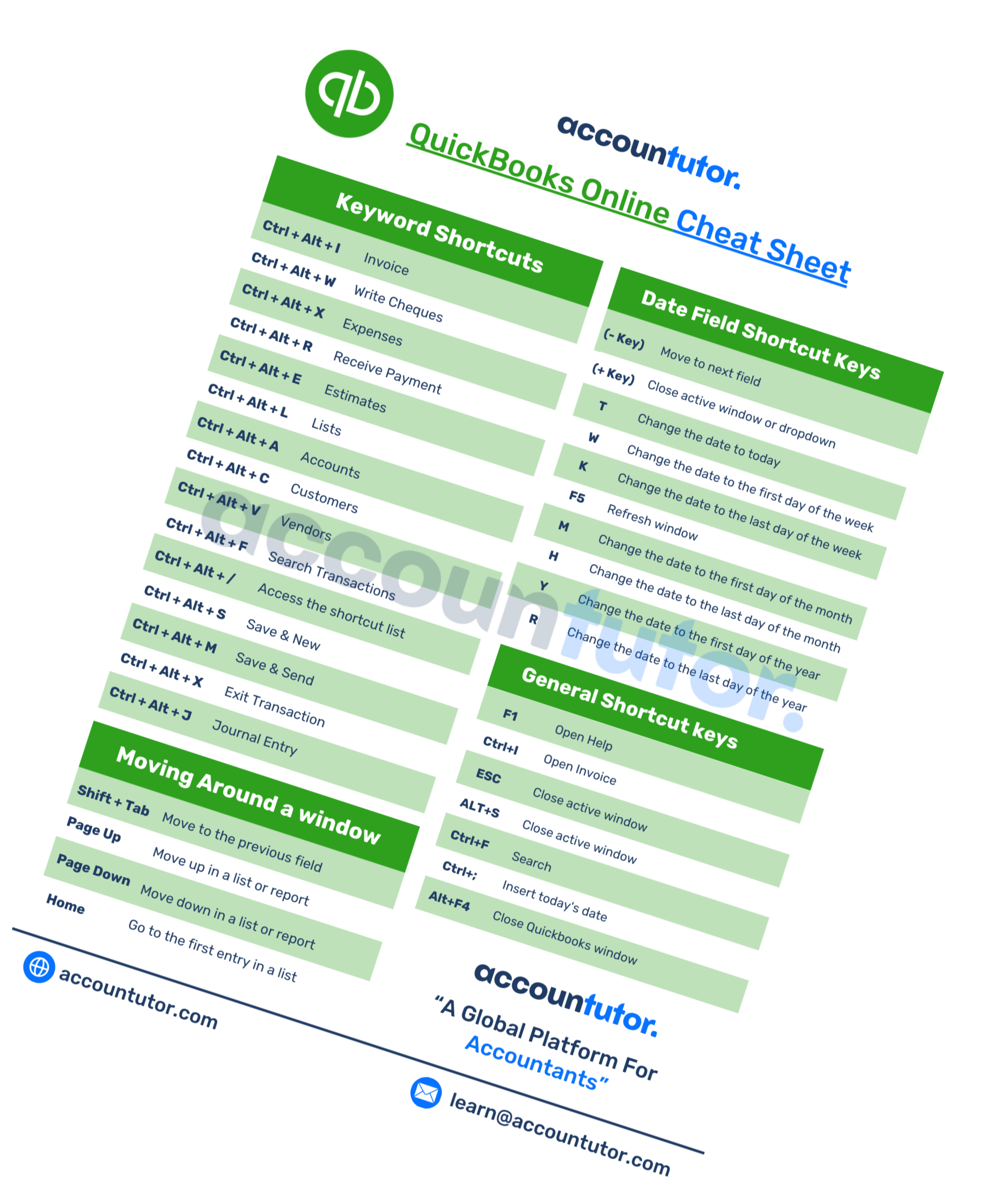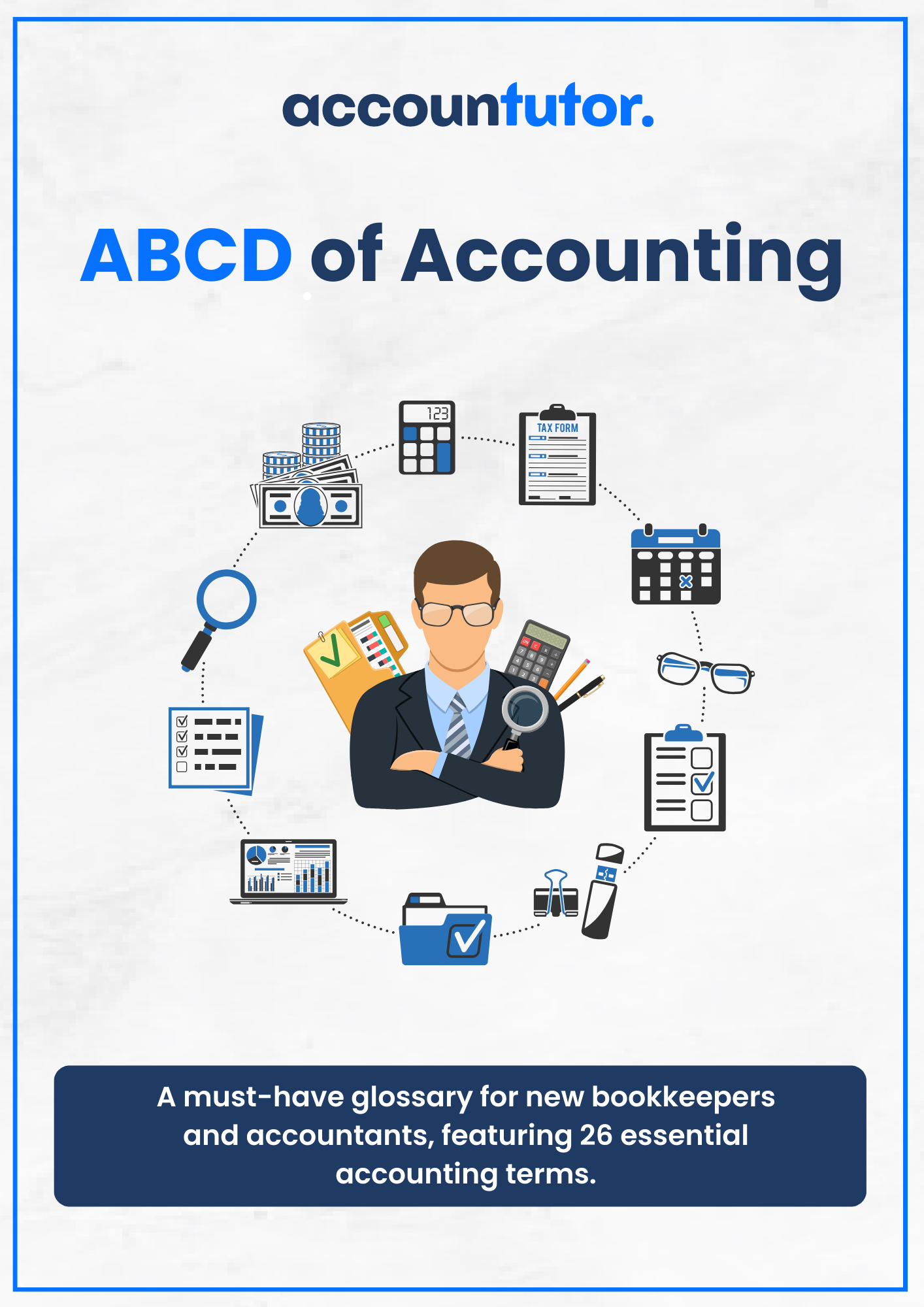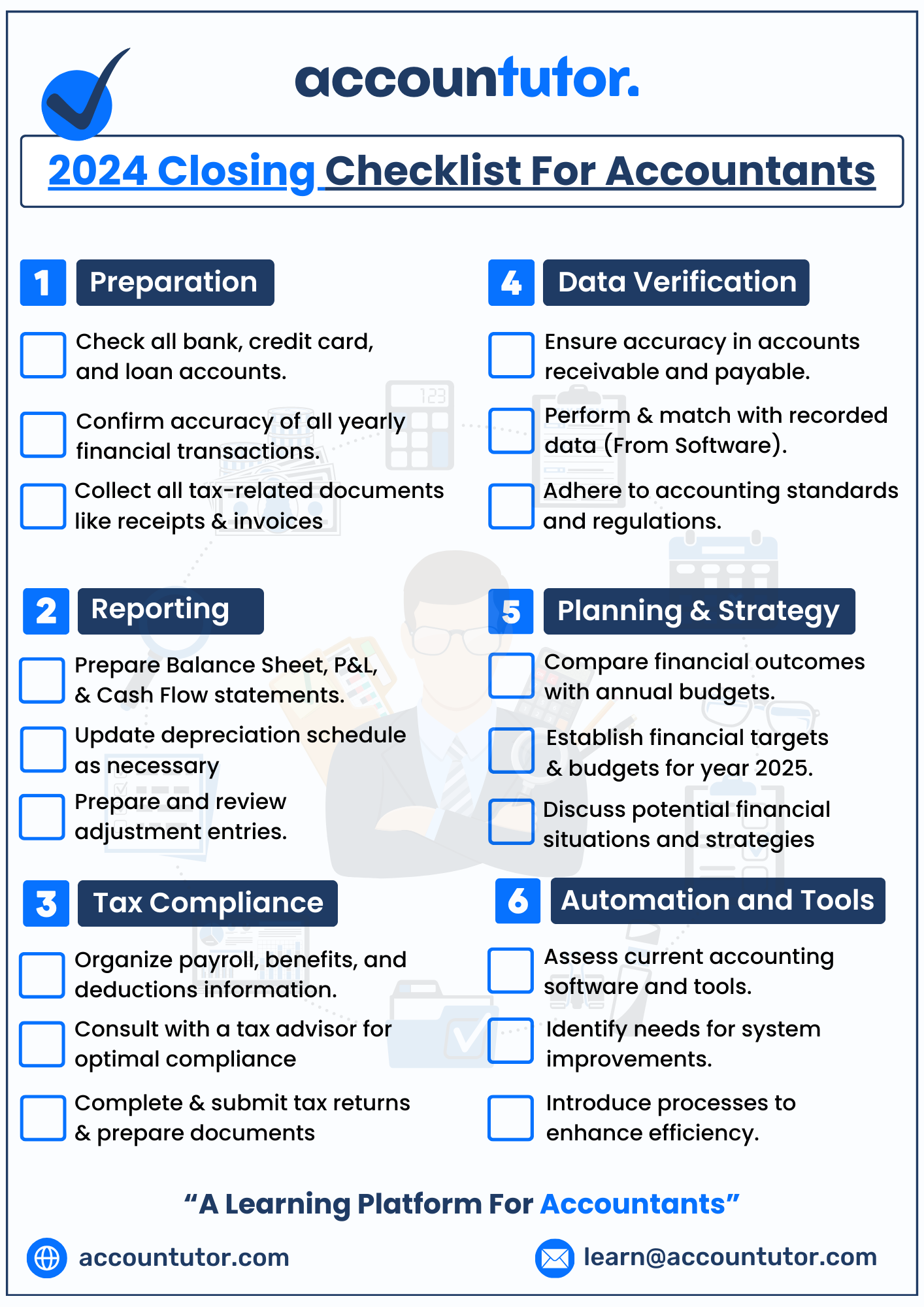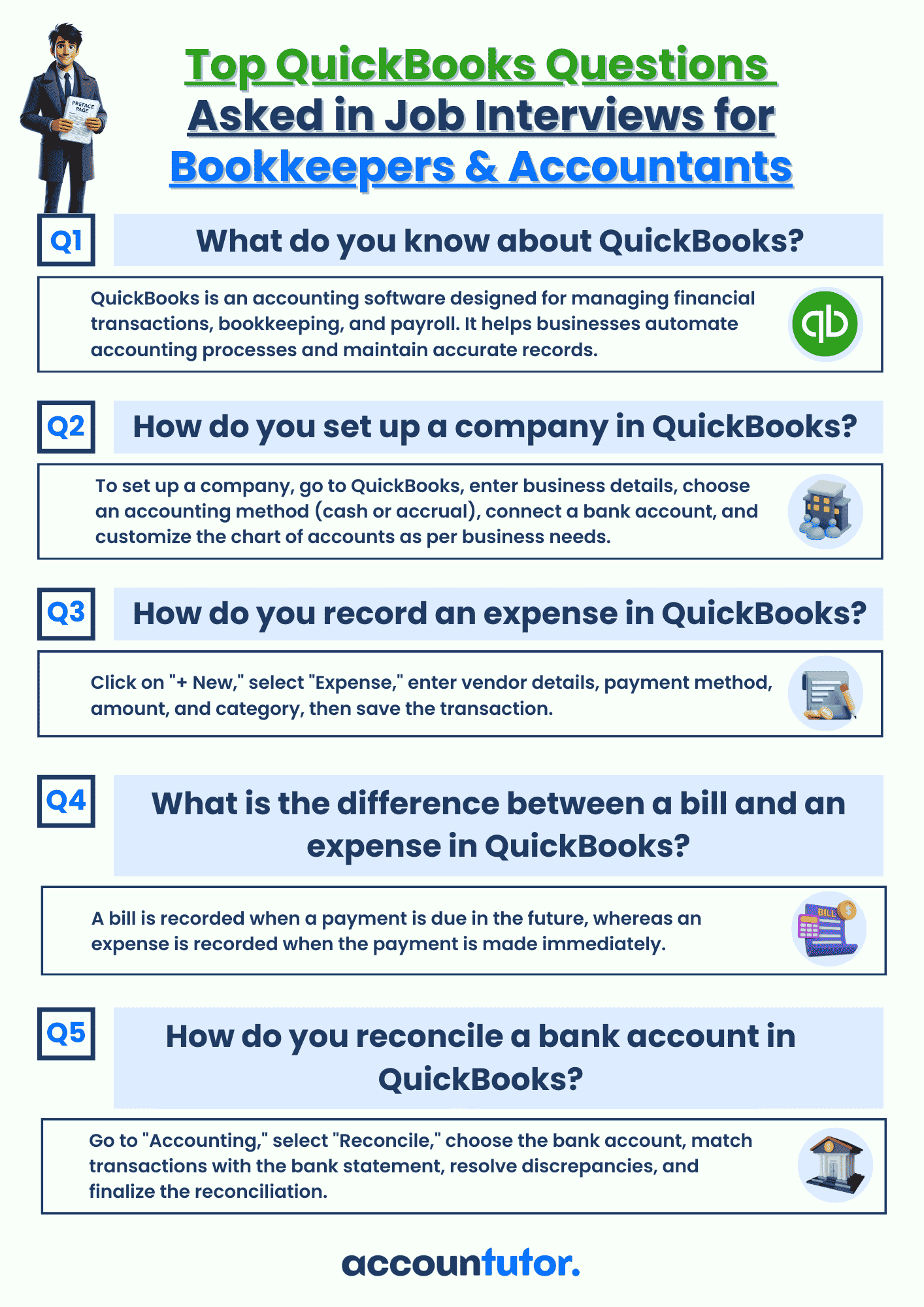Impact on Financial Statements
-
Impact on the Income Statement
-
Impact on the Balance Sheet
-
Impact on Cash Flow
Impact on Financial Statements
Both depreciation and amortization affect how a business presents its financial health. They help match asset costs to the periods in which they’re used, giving a more accurate picture of profit and performance.
“These non-cash expenses reduce reported income but reflect real usage of assets.”
Although they don’t involve actual cash leaving the business, they play a major role in financial reporting.
“These non-cash expenses reduce reported income but reflect real usage of assets.”
Although they don’t involve actual cash leaving the business, they play a major role in financial reporting.
1. Impact on the Income Statement
Depreciation and amortization appear as expenses on the Income Statement. This reduces net income, which may sound negative—but it's actually a smart way to reflect how assets are used up to earn revenue.
Lower income due to depreciation doesn’t mean the business is failing—it means it’s being realistic about asset wear and tear.
Lower income due to depreciation doesn’t mean the business is failing—it means it’s being realistic about asset wear and tear.
2. Impact on the Balance Sheet
Each year, the value of assets that are depreciated or amortized is reduced on the Balance Sheet to reflect their current worth. For instance, a machine originally valued at $10,000 and depreciated by $2,000 will now have a book value of $8,000. Similarly, a software license that cost $5,000 and has been amortized by $1,000 will now be shown as $4,000. This ongoing adjustment ensures that the Balance Sheet presents a more accurate and up-to-date picture of the company’s assets.
3. Impact on Cash Flow
Even though depreciation and amortization don’t involve actual payments, they affect the Cash Flow Statement—specifically in the operating section, where they are added back to net income to calculate cash from operations. That’s because they reduce accounting profit but not actual cash.
Key Takeaways
✅ Depreciation and amortization reduce reported income on the Income Statement
✅ They also reduce the asset’s value on the Balance Sheet over time
✅ These are non-cash expenses but still affect cash flow calculations
✅ They help ensure more accurate and fair financial reporting
✅ Both methods align with the matching principle for expense recognition
✅ They also reduce the asset’s value on the Balance Sheet over time
✅ These are non-cash expenses but still affect cash flow calculations
✅ They help ensure more accurate and fair financial reporting
✅ Both methods align with the matching principle for expense recognition
Write your awesome label here.
Access all Accounting and Bookkeeping Courses from One Portal.
Mastering Bookkeeping and Accounting
MBA simplifies accounting, ledger management, account balancing and financial statement preparation.
QuickBooks Online For Bookkeepers
From Beginner to Expert: Master QuickBooks Online. Effortlessly Navigate, Analyze Transactions, and Unlock its Full Potential.
Xero Accounting For Bookkeepers
Learn how to use Xero, the leading online accounting software to perform most of the essential bookkeeping tasks.
ChatGpt for Bookkeepers and Accountants
Learn how to use the ChatGPT prompt toolkit to simplify daily accounting tasks for accountants and bookkeepers instantly.
Subscribe to our newsletter
Stay informed with the latest accounting tips, tools, and updates from Accountutor right in your email inbox.
Thank you!
Policy Pages

Download QuickBooks Online PDF Guide
Thank you!

Download QuickBooks Online Cheat Sheet
Thank you!

Download ABCD of Accounting
Thank you!

Download Checklist 2024
Thank you!
Register For Free!
Thank you!

Download Interview Questions
Thank you!

